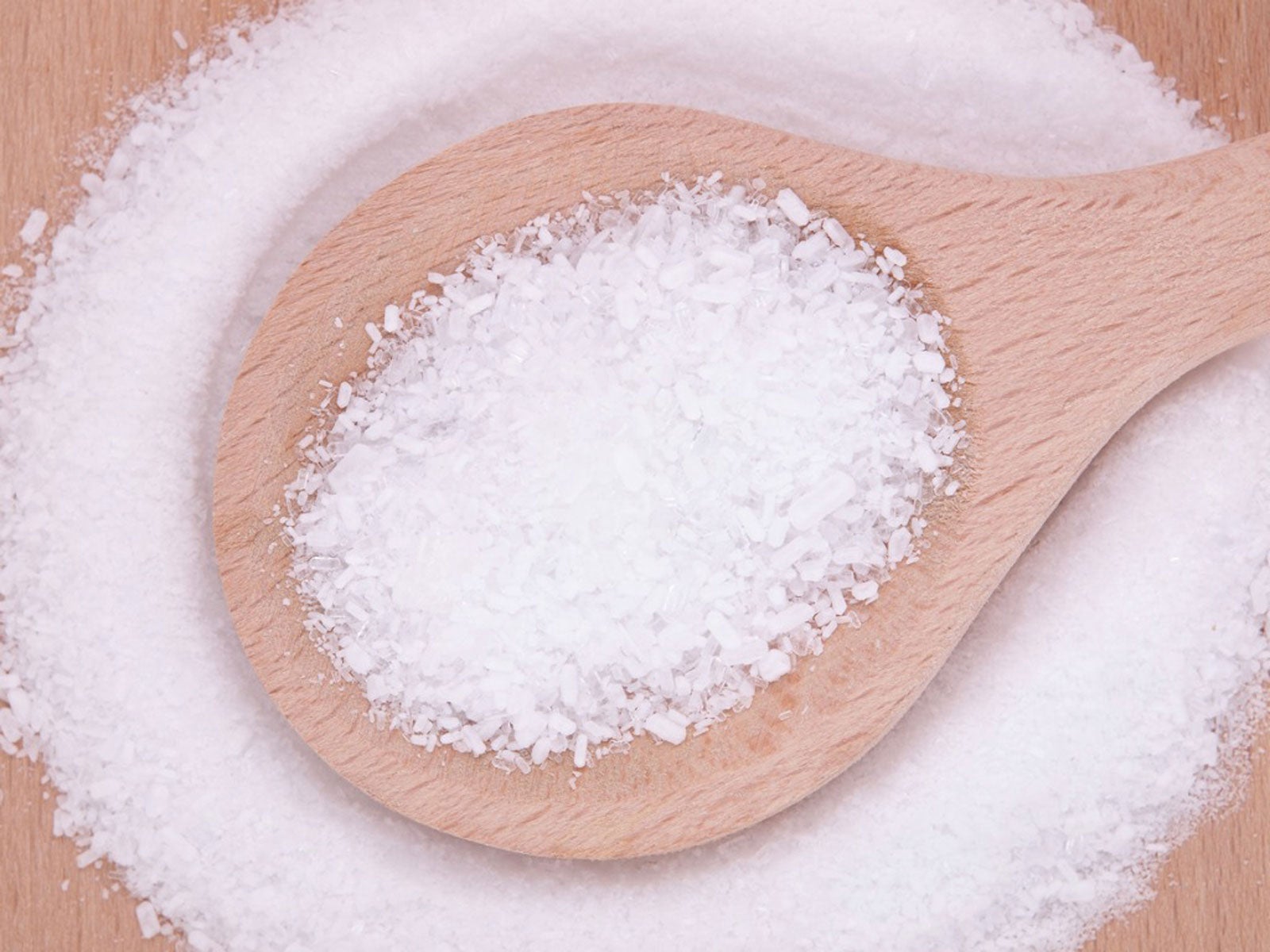Houseplant Epsom Salt Tips – Using Epsom Salts For Houseplants


Sign up for the Gardening Know How newsletter today and receive a free copy of our e-book "How to Grow Delicious Tomatoes".
You are now subscribed
Your newsletter sign-up was successful
Have you ever wondered about using Epsom salts for houseplants? There is debate as to the validity of whether Epsom salts work for houseplants, but you can try it out and determine for yourself.
Epsom salt is composed of magnesium sulfate (MgSO4) and many of us may be familiar with it already from soaking in an Epsom salt bath to alleviate sore muscles. It turns out that this can also be good for your houseplants!
Houseplant Epsom Salt Tips
Epsom salts would be used if your plants exhibit a magnesium deficiency. Although both magnesium and sulfur are very important, it is usually not a problem in most soil blends unless your potting mix is highly leached out over time through continued watering.
The only real way to tell if you have a deficiency is to complete soil testing. This isn’t really practical for indoor gardening and is most often used to test soil in outdoor gardens.
So how is Epsom salt good for houseplants? When does it make sense to use them? The answer is only if your plants exhibit signs of magnesium deficiency.
How do you know if your houseplants have a magnesium deficiency? One possible indicator is if your leaves are turning yellow in between green veins. If you see this, you can try an indoor Epsom salt remedy.
Mix about one tablespoon of Epsom salt to a gallon of water and use this solution once a month to water your plant until the solution comes through the drainage hole. You can also use this solution as a foliar spray on your houseplants. Place the solution in a spray bottle and use it to mist all exposed parts of the houseplant. This type of application will work quicker than application through the roots.
Sign up for the Gardening Know How newsletter today and receive a free copy of our e-book "How to Grow Delicious Tomatoes".
Remember, there really is no reason to use Epsom salts unless your plant exhibits signs of magnesium deficiency. If you apply when there is no sign of deficiency, you may actually be harming your houseplants by increasing the salt buildup in your soil.

Raffaele Di Lallo is a houseplant expert, writer, and founder of Ohio Tropics, a popular plant care blog and social media presence dedicated to helping people grow healthy houseplants. He is the author of Houseplant Warrior: 7 Tips to Unlocking the Mysteries of Houseplant Care and has written extensively on plant care for outlets including Gardening Know How. With over 30 years of personal plant experience and formal training in horticulture, Raffaele helps readers demystify indoor plants through clear, practical advice.